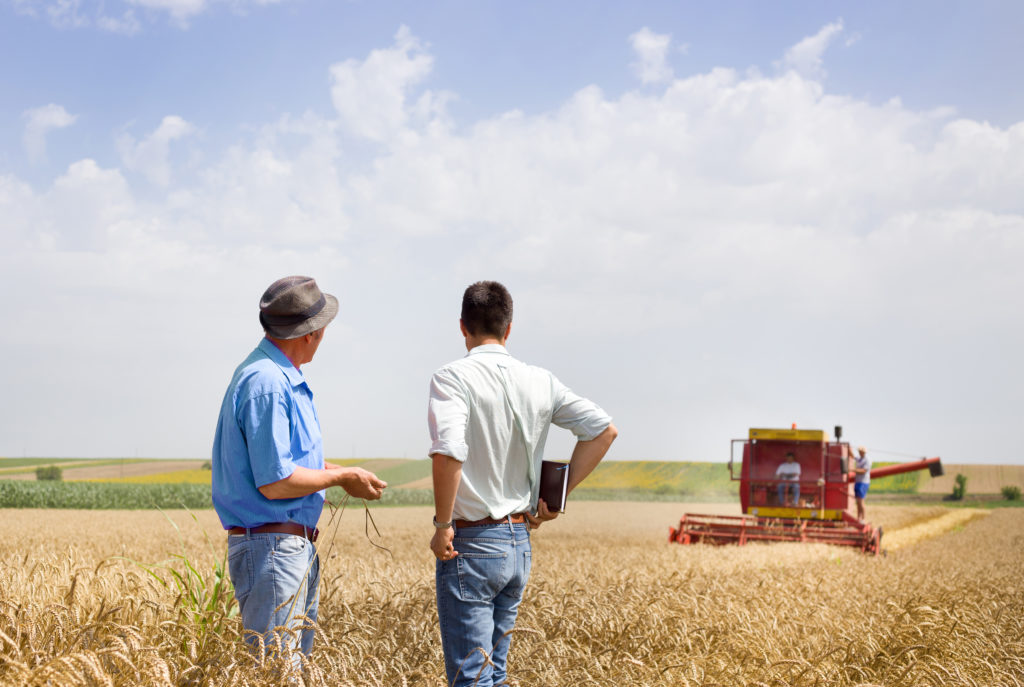
SO who does own the farm? That would seem to be a straightforward question you would expect most farmers to be able to answer.
However, experience shows that whilst many people think they know the answer, they are surprised when they are told that this is not consistent with what the accounts or what the Land Registry says – especially when I explain what the potential implications of this might be.
The majority of farm businesses still trade as partnerships and often this is where the issue lies, as the uncertainty is whether or not the farm is partnership property or an asset of the partners. This subtle difference needs to be understood as it can have significant implications.
As a general guide, if the farm has been purchased the position is clear, as it is more often than not clear who entered into the transaction and in what capacity.
However, it is much more common for uncertainties to occur where the farm has been gifted or inherited. It may be that the farm was left to one or more partners, possibly reflected as such in the updated Land Registry documents, but there may be little documentation as to whether or not the land was then entered into the partnership and, as there was no payment, it is likely that the asset is not listed on the fixed asset register in the accounts.
Given this, it is easy to see how confusion arises over the ownership.
So why do this matter?
How the farm is owned can have significant tax implications if the farm is sold or gifted during lifetime, or is bequeathed on death and ownership is often the root cause of many a farm partnership dispute.
For inheritance tax (IHT) purposes, if land used in the farming business is owned by partners outside of a partnership then Business Property Relief (BPR) would only be available at 50% on death which, depending on the level of hope value, could leave a nasty IHT shock. Similar land owned inside the partnership might achieve 100% BPR.
Supporting documentation, and how matters are presented in the accounts and tax returns are important. If there is uncertainty over ownership then in the absence of a partnership agreement, declarations of trust or well prepared accounts showing specific property capital accounts, there are many farming examples in case law relating to what have proven to be extremely expensive farming family disputes.
If land is to be sold, especially for development, or there is a death, dispute or a divorce, any uncertainty with regards to land ownership will only add to costs that could often have been avoided.
As such, it is imperative that in every case the position with regards to the ownership of the farm is clear, understood and is supported by appropriate legal documents and accounts (including property capital accounts). If this isn’t the case for your farm, then I recommend immediate action is taken. Unfortunately the unexpected can happen, and significant problems can arise.
A secondary question is then, even if the farm ownership is clear and well documented, whether the current ownership of the farm remains appropriate for you in terms of succession, wills and tax planning and whether or not a change in ownership can improve and clarify the situation.
Brian Harvey is head of PKF Francis Clark’s agricultural sector group, Brian manages a dedicated team of agricultural accountants and tax advisers. To contact Brian please email brian.harvery@pkf-francisclark.co.uk or call 01872 276477.